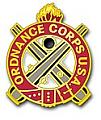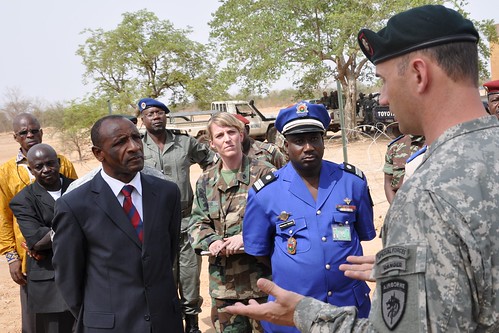According to a recent BBC report, the official policy of the Nigerian government toward the Boko Haram terrorist group is one of “carrot and stick.” A major requisite of such a policy is for the government and Boko Haram to set down together and attempt to understand each party’s position and work toward some sort of compromise. Yet, back on February 23 of this year the Chief of Defense Staff, Air Chief Marshal Oluseyi Petinrin, seemed to express quite another position when he said that the defense commanders would never share a negotiation table with Boko Haram leaders.
So what next?
See complete article at Terrorism In Africa.


















Bookmarks